4-H: Beyond the Farm
Electric co-ops support building leadership, technical skills for NC youth
By Pamela A. KeeneVideo courtesy of National 4-H on YouTube
When Wayne County resident Anne Finch’s children joined a 4-H club for home-schooled students, 4-H focused mostly on agricultural and consumer family sciences activities. That was nearly 30 years ago. Anne soon became the club’s volunteer leader, and she’s seen 4-H expand its programming over the years.
Today, the Wayne County 4-H Club, called the Roto Raptors, is winning national and international awards and providing youth in central North Carolina hands-on experience in science, technology, engineering and mathematics to prepare them for leadership roles and careers in tomorrow’s workforce.“From the beginning, I saw the opportunities that 4-H offered to young people beyond traditional education. Starting a home-school club gave those students a chance to meet, socialize and build their skills with others who were home-schooled,” Anne says, who has been a volunteer 4-H leader for more than 27 years. “The program gives members an all-round taste of possibilities, including leadership, community service and citizenship, as well as field trips, environmental issues and life skills.”
As the program grew and technology began to play a more prominent role in youth education, the Wayne County 4-H agent contacted Anne about an opportunity for her club.
“Several students in the county wanted to start a robotics club and funding was available from North Carolina 4-H and J.C. Penney,” she says. “We realized that some of the rural counties like ours were limited in the options for youth in STEM, so we embraced the chance, also broadening the club to other high school students.”
The 4-H Development Fund paid for 10 teams in the state for the first year in 2011 — teams that are part of the FIRST Robotics Competition for high school students from around the world. For the past eight years, the Wayne County Roto Raptors team has built robots and traveled across the country, meeting other teams and collaborating on award-winning projects.
“Through FIRST, Wayne County’s 4-H Roto Raptors have really made a difference in the lives of its members and other young people in the county,” says Mike Yoder, state program leader for the North Carolina State Extension 4-H initiative. “Not only do members learn about STEM, they also develop leadership and teamwork skills.”
Like other teams around the world, the Roto Raptors work all year on their robots, following strict guidelines from FIRST. From initial research to securing materials, they design, then craft a robot that can perform the assigned task determined for all teams that year.
“Once the teams arrive at national, they form an alliance with two other teams, who may be from anywhere in the world, and they’re given about 15 minutes to plan their strategy and agree on their approach,” Mike says. “I’m amazed to watch how they negotiate their designs, determine the hierarchy of leadership and create award-winning robots. This program has been a wonderful addition to 4-H in North Carolina, adding another dimension to the organization’s mission and ideals.”Building partnerships, past and present
In the early 1900s, various youth programs sprang up in places like Ohio, with its seed-corn club, and a sewing/homemaking group in Iowa, to connect formal education with country-life skills outside of school. In 1914, the Smith-Lever Act created the U.S. Department of Agriculture’s Cooperative Extension System based at land-grant universities to reach rural counties across the nation. Its premises are straightforward: to provide positive youth development, to help youth learn skills to help them succeed, to support youth to become responsible, active and engaged citizens through service and leadership, and to sustain life-long learning for youth and volunteers.
In North Carolina, 4-H programs under the guidance of NC State and NC A&T reach 260,000 youth annually, either through regular club membership, short-term learning experiences, school enrichment programs, and the 4-H camping program.
Programming ranges from agricultural and livestock competitions to leadership conferences. Youth participate in local, regional, statewide and national meetings.
North Carolina’s Electric Cooperatives, the statewide association for the 26 electric cooperatives serving 93 of the state’s 100 counties, is active in support of 4-H. The organization sponsors the annual 4-H Volunteer Leadership Conference to help train adult volunteers. More than 175 people attended the meeting, which was held in early 2020 in Durham.
“It’s a learn-by-doing opportunity for 4-H leaders from around the state to come together for workshops and leadership development, as well as to share innovative programming ideas,” Mike says. “Our Volunteer Leaders Conference is crucial to the success of our many adult volunteers. We couldn’t produce this multi-day meeting without strong support from our business and community partners.”
North Carolina’s Electric Cooperatives also sponsors the 4-H Citizen North Carolina Focus, a chance for more than 100 youth leaders to journey to Raleigh to meet with state legislators, discuss important local and state issues and take part in taping a public affairs television program, “NC SPIN.”
“Supporting NC 4-H is a natural fit for the state’s electric co-ops,” explains Jennifer Heiss, communications specialist for North Carolina’s Electric Cooperatives. “We share in 4-H’s commitment to supporting the next generation of leaders. Many of the youth who participate in our Youth Tour or who receive scholarships from our member electric cooperatives are also active in their local 4-H program.”
Several local electric cooperatives support their local 4-H programs in other ways, including hosting annual golf tournaments to raise funds for local 4-H programming. In 2019, these events alone provided more than $50,000 to be used across the state.
Other examples include work by Tarboro-based Edgecombe-Martin County EMC, which helps sponsor the area’s Farm/City Breakfast, and, like other co-ops across the state, provides staff and its high-voltage demonstrator to school campuses to teach students about electrical safety.Edgecombe-Martin County EMC Manager of Communications Monica Speight sums up the reason electric cooperatives support 4-H so willingly across the state.
“Education for our youth is not limited to schools,” she says. “The responsibility for education and youth development should be shared within the community. After all, these youth are the leaders of tomorrow, and they’re responsible for our future.”
Learn more about 4-H
National: 4-H.org
North Carolina: NC4H.ces.ncsu.edu
Find your local 4-H: 4-H.org/find
-
4-Hers across North Carolina
-
Share this story:

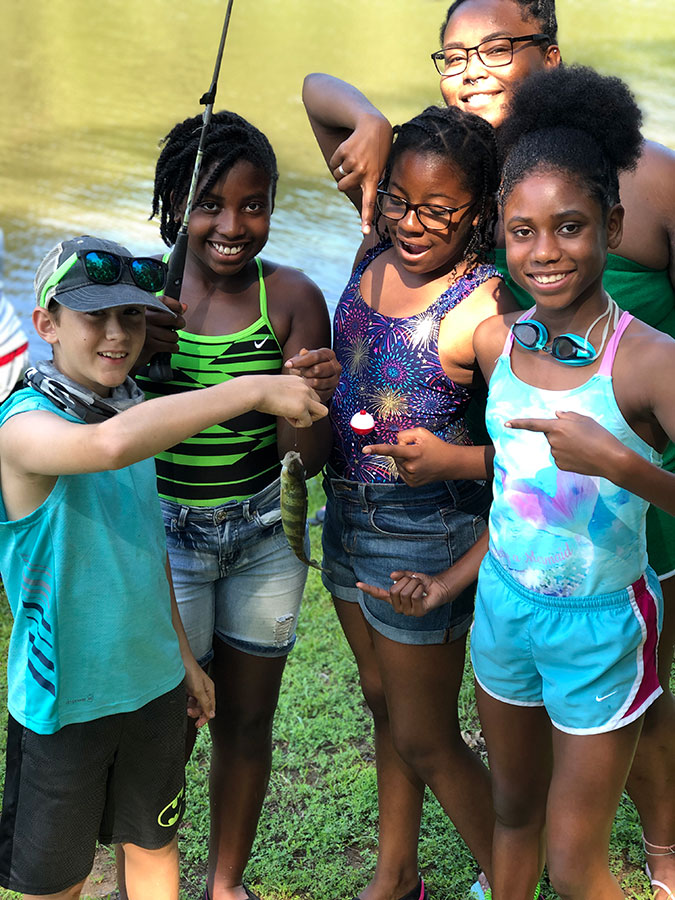
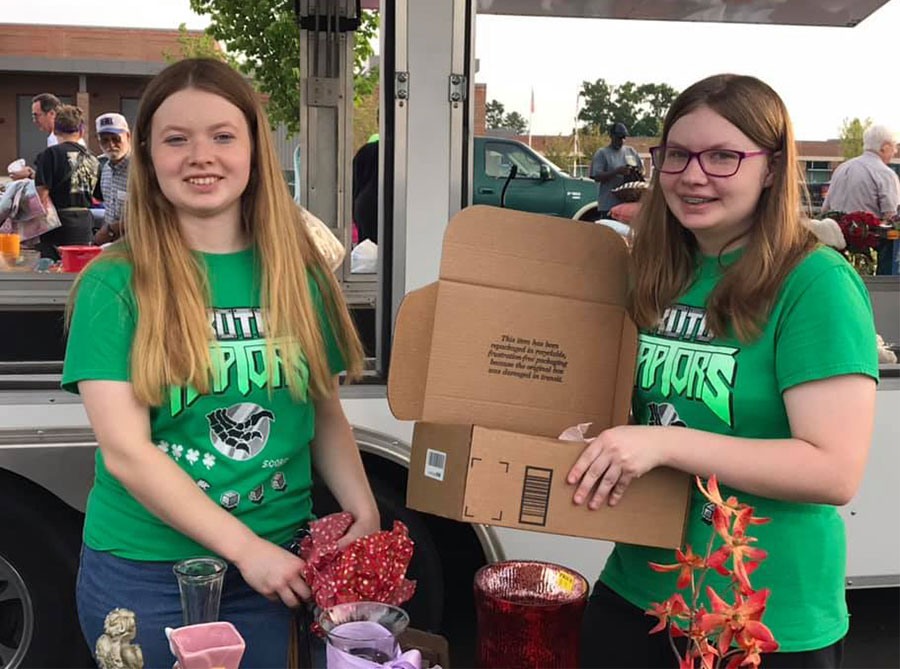
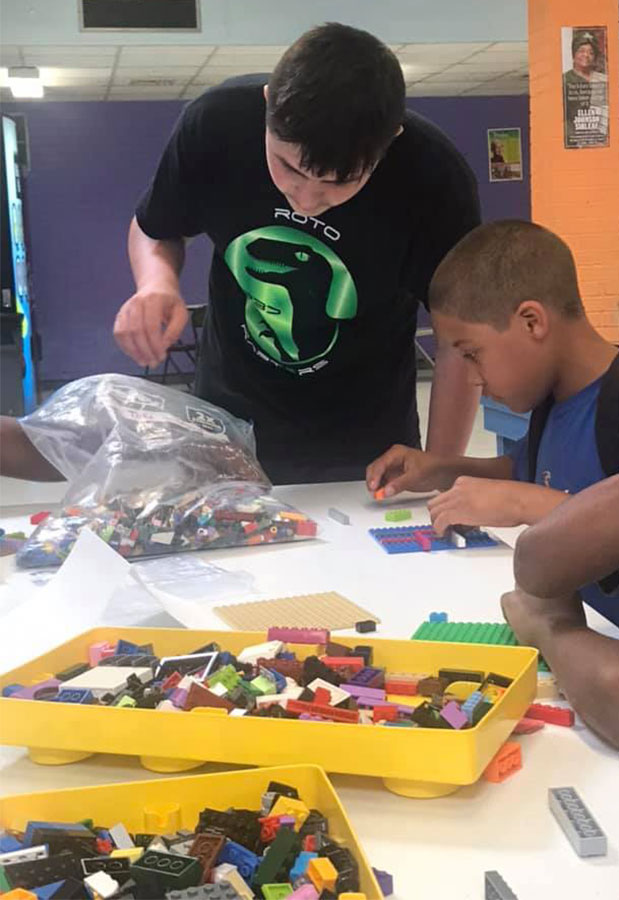
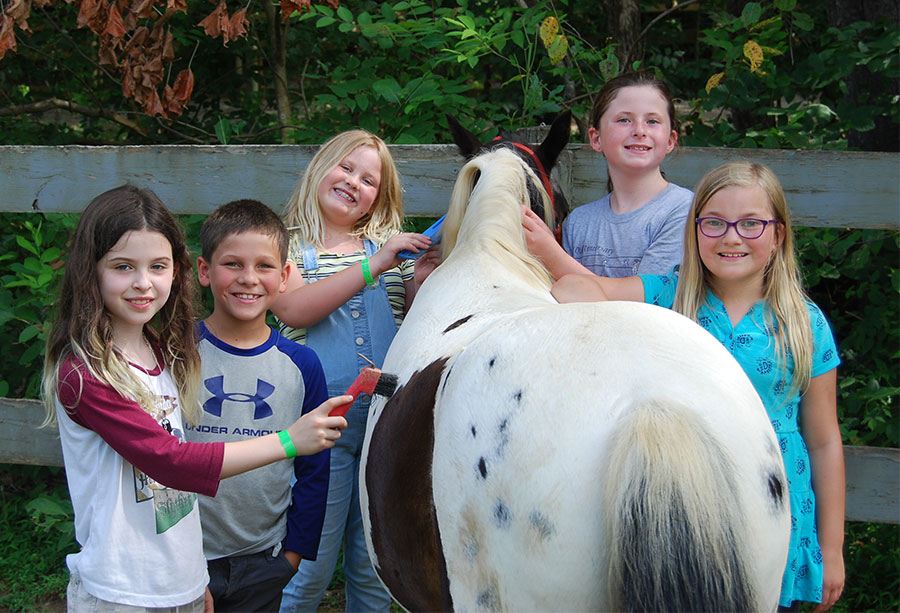
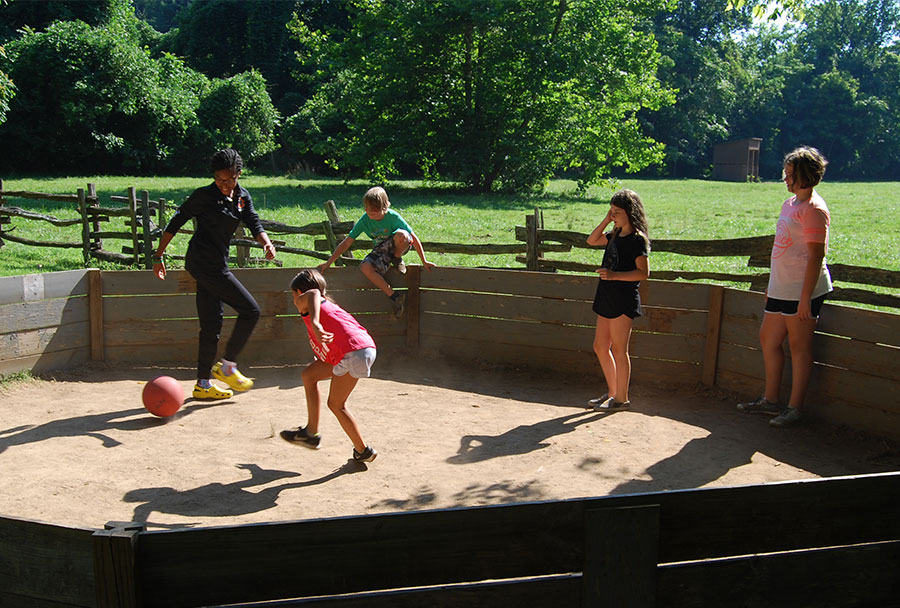
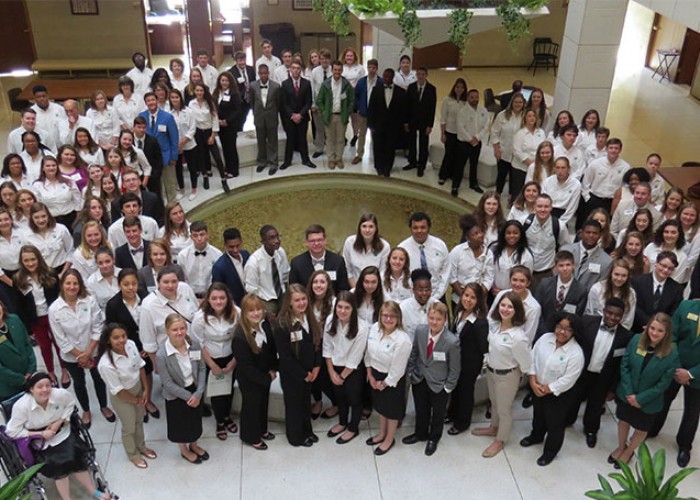
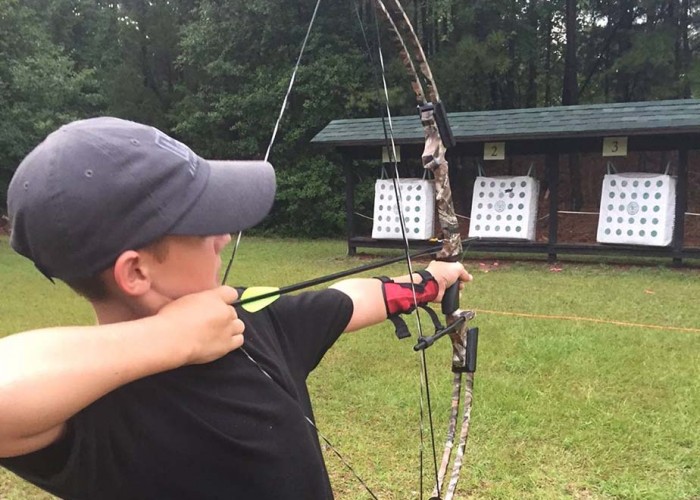
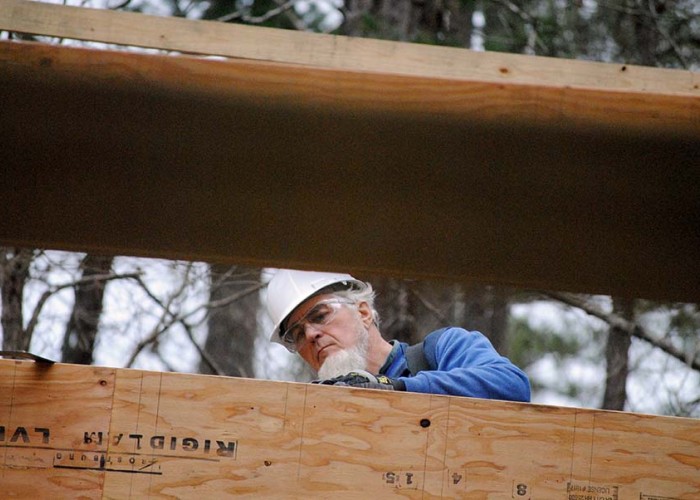


Comments (2)
Belinda |
July 25, 2020 |
reply
Carolina Country |
July 26, 2020 |
reply